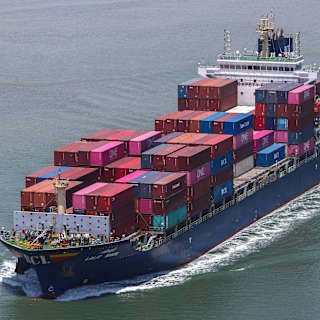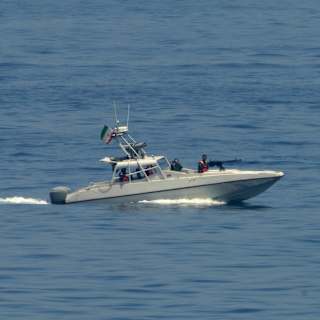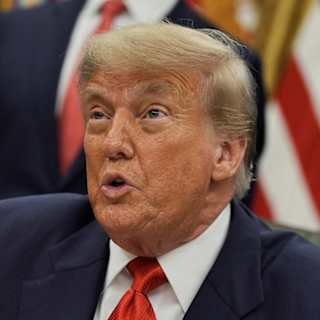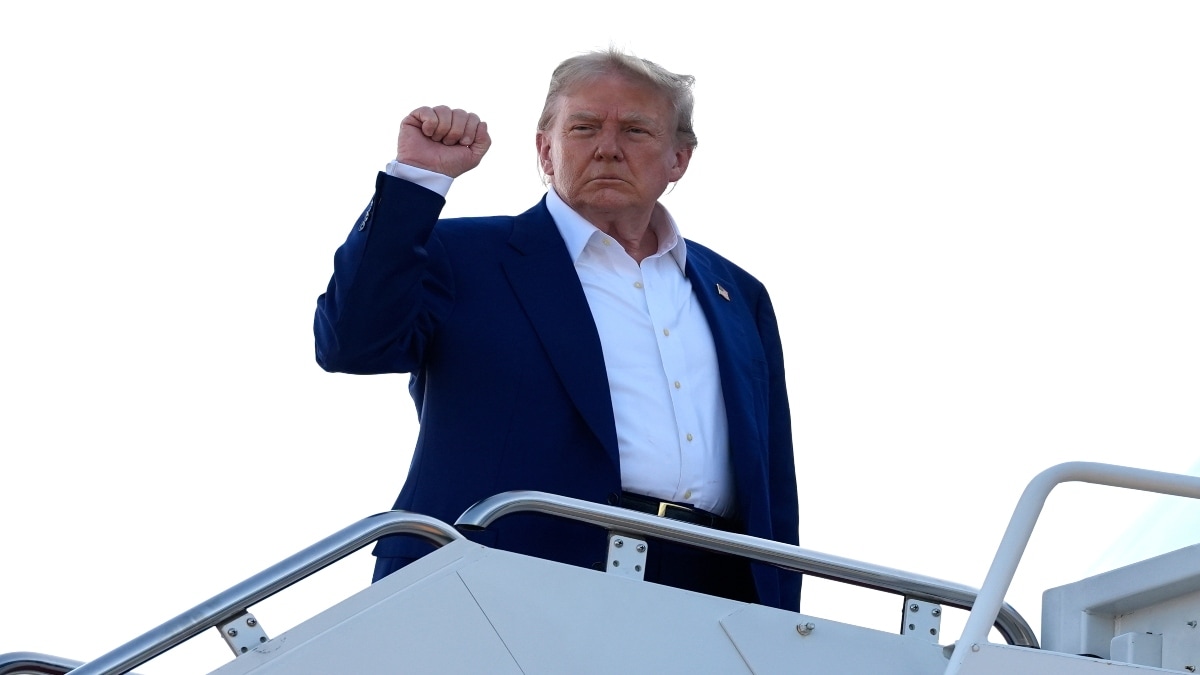- Markets React to Policy Pivot
- From Conflict to Compromise
- Economic Lifeline Restored
President Donald Trump declared Tuesday that China can continue purchasing Iranian oil, marking an abrupt reversal of his administration's "maximum pressure" sanctions campaign against Tehran just hours after announcing a ceasefire between Israel and Iran.
"China can now continue to purchase Oil from Iran. Hopefully, they will be purchasing plenty from the U.S., also. It was my Great Honor to make this happen!" Trump posted on Truth Social while traveling to a NATO summit in The Hague.
The announcement represents a dramatic policy shift for a president who as recently as last month warned that all purchases of Iranian oil "must stop, NOW!" and threatened secondary sanctions against buyers.
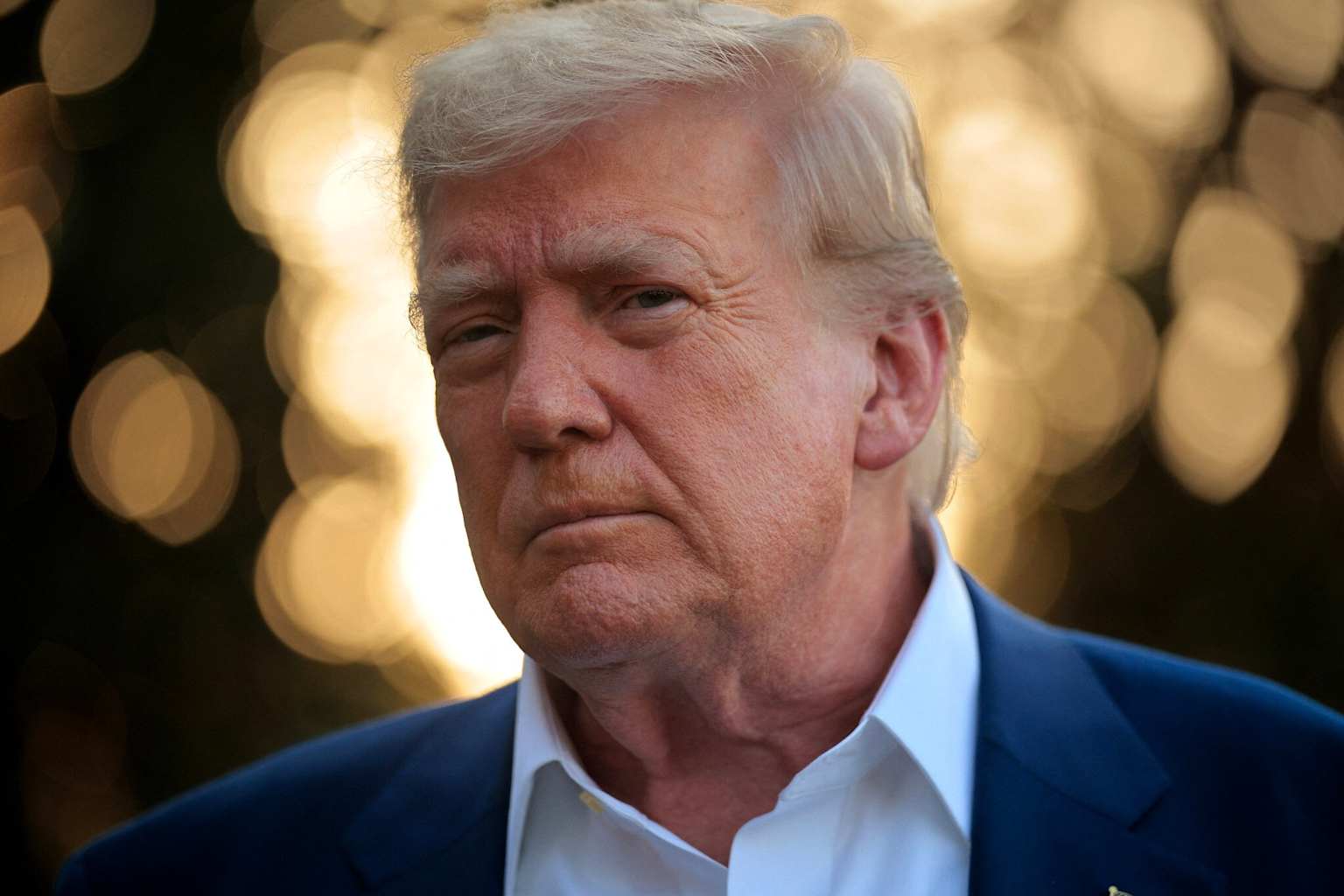
Oil prices extended their decline following Trump's statement, with West Texas Intermediate futures falling about 5% to around $65 per barrel12. Brent crude dropped to $67.96 per barrel, down nearly 5%2. Markets had already begun retreating Monday after Trump announced the Israel-Iran ceasefire, which reduced concerns about potential disruptions to shipping through the Strait of Hormuz3.
The timing of Trump's oil announcement, coming within 24 hours of the ceasefire declaration, suggests the trade concession may have been part of broader diplomatic negotiations to end the 11-day conflict45.
The policy reversal follows a period of escalating tensions that began June 13 when Israel launched surprise air strikes on Iranian military and nuclear installations1. The conflict intensified June 21 when the U.S. conducted "Operation Midnight Hammer," targeting three Iranian nuclear facilities at Fordo, Natanz, and Isfahan12.
Iran retaliated with missile strikes on the U.S. Al Udeid Air Base in Qatar, though Trump characterized the response as "weak" and subsequently called for de-escalation1.
Throughout the conflict, China condemned both Israeli and American attacks on Iran, with Beijing's Foreign Ministry stating the U.S. actions "seriously violate the purposes and principles of the UN Charter"2.
China serves as Iran's primary economic lifeline, purchasing over 90% of Tehran's oil exports according to analysis firm Kpler12. Beijing imported 1.3 million barrels of Iranian crude daily in April, down from a five-month high in March12.
The U.S. Treasury Department had previously sanctioned Chinese refineries and shipping companies involved in the Iranian oil trade, including designating Shandong Shengxing Chemical Co. in April for purchasing over $1 billion worth of Iranian crude3.
Energy Secretary Chris Wright downplayed concerns about regional oil supply disruptions Tuesday, telling Fox News that closing the Strait of Hormuz "would harm Iran more than it would harm anyone else"4.

